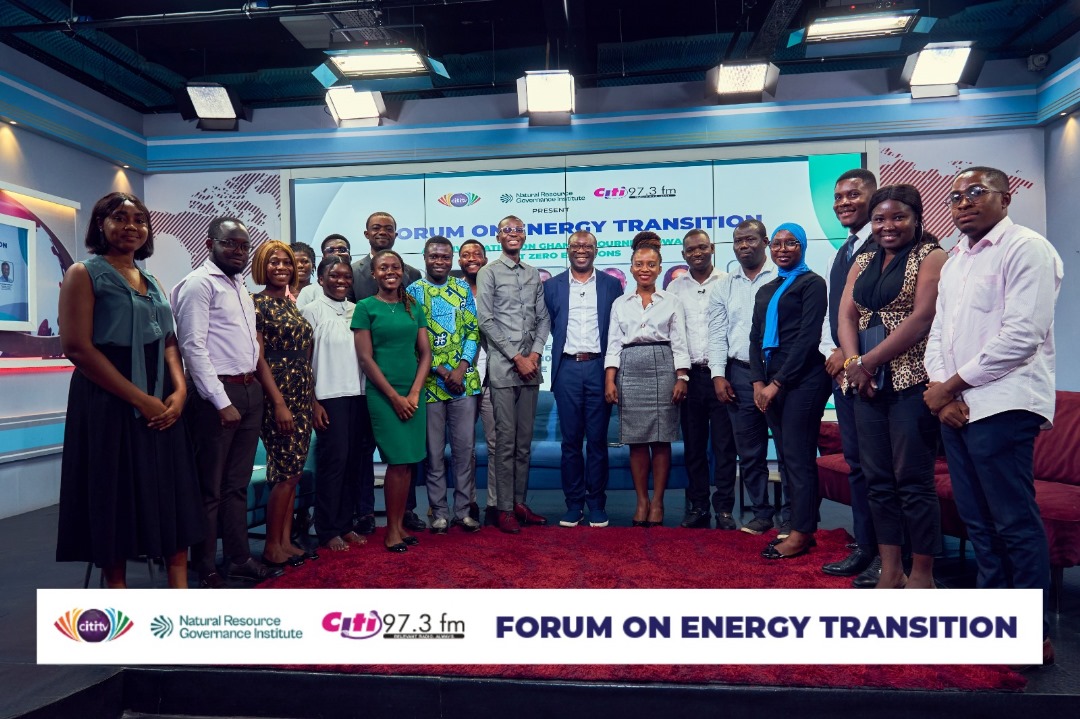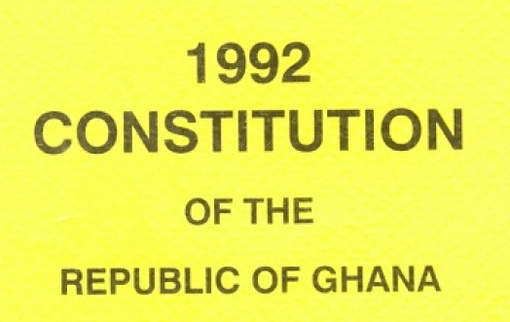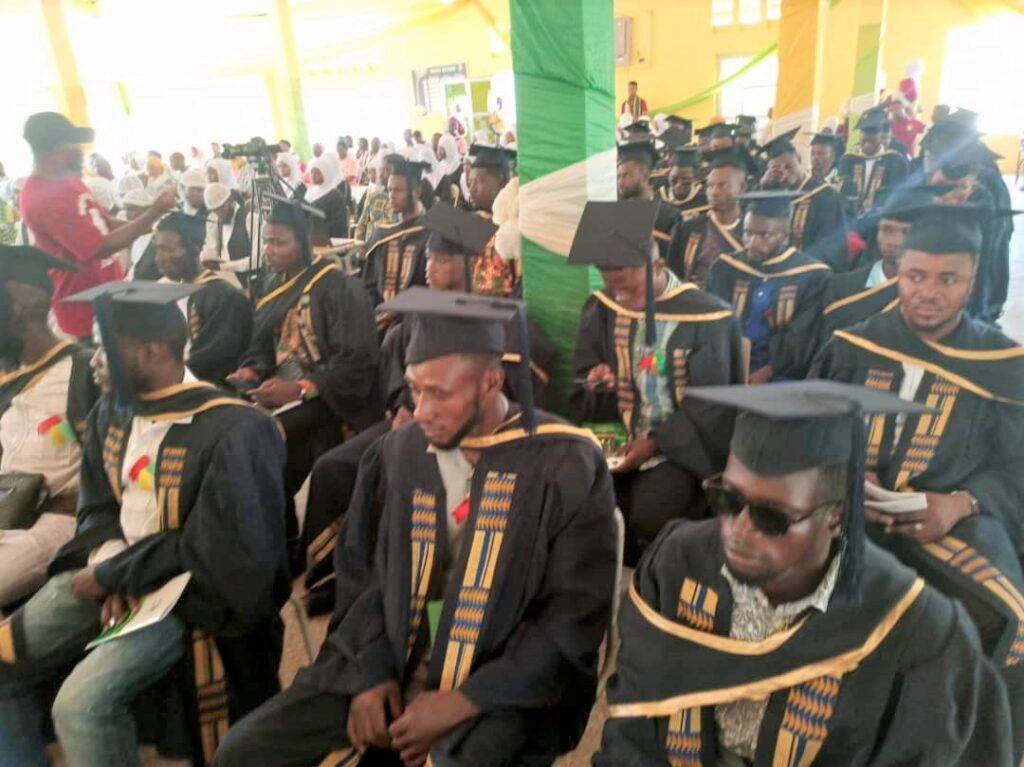
“This is not a clash of personalities—it is a test of Ghana’s constitutional resilience. When legal processes appear to be sidestepped or fast-tracked without consensus, the nation risks a ripple effect that weakens all institutions. Let history record that when powers collided, Ghana chose restraint, transparency, and the rule of law.”
Ghana is not simply facing a legal disagreement; we are approaching a defining threshold in the architecture of our constitutional democracy. The recent suspension of Chief Justice Gertrude Torkornoo has ignited a fierce debate over presidential discretion, judicial independence, and the very scaffolding of our Republic.
The Ghana Bar Association (GBA) has stepped forward with rare urgency, citing a breach of Article 296 of the 1992 Constitution—insisting that discretionary power without published regulations is not power at all, but arbitrariness cloaked in executive authority.
This is not a technical objection. It is a constitutional alarm bell.
The GBA’s position, rooted in the principle that all power must be exercised within traceable, accountable frameworks, is a call for legal coherence—not political confrontation. But the rebuttals have been swift. Deputy Attorney-General Justice Srem Sai argues that the President’s authority under Article 146 to initiate removal proceedings remains intact, even absent published Constitutional Instruments.
Legal voices like Thaddeus Sory and Kwaku Azar have gone further—challenging the GBA’s interpretation as flawed, and questioning its grasp of constitutional structure.
Yet behind these arguments lies the real and more enduring question: What happens when two great arms of government—each backed by law, each claiming constitutional legitimacy—collide in real time?
A Nation at a Legal Crossroads
In any democracy, law is not just a boundary—it is choreography. It is the sequence of steps, procedures, checks, and balances that determine not just what power can do, but how and when it must do it. When that sequence is disrupted—by haste, silence, or unchecked discretion—the integrity of the entire democratic performance falters.
This moment, then, is not about the personalities involved. It is not about political loyalties or partisan calculations. It is about how we, as a nation, interpret and enforce our own rules when the stakes are at their highest.
Because if the judiciary is sidelined, if injunctions are ignored, or if Parliament remains quiet when the Constitution is at stake, we are no longer governed by law—but by moods and moments.
If Balance Breaks, What Comes Next?
Without venturing into prediction or alarmism, one must acknowledge the clear institutional risks if balance is not restored: The judiciary, if bypassed, will be forced to assert its authority in unprecedented ways—risking confrontation or irrelevance.
Parliament may find itself called upon not as a bystander but as an adjudicator of last resort—tasked with either endorsing or challenging executive conduct. Civil society, already vocal, may grow louder and more assertive in defence of constitutional order.
And the presidency, if it recalibrates and recommits to constitutional compliance, can still emerge as a statesmanlike example of restraint and leadership. This is a test—not of constitutional theory, but of constitutional integrity. The rule of law cannot be both upheld and overridden. Ghana must choose.
This is not a clash of personalities—it is a test of Ghana’s constitutional resilience. When legal processes appear to be sidestepped or fast-tracked without consensus, the nation risks a ripple effect that weakens all institutions. Let history record that when powers collided, Ghana chose restraint, transparency, and the rule of law.
Legacy or Erosion: A Choice Before Us
What stands at risk is not merely one judicial appointment or one article of law—but the entire philosophical foundation of Ghana’s Fourth Republic. A future where executive prerogative overrides due process is not democratic evolution—it is institutional decay.
The lessons we fail to teach today through action, our children will learn through crisis.
If the executive can dismiss or suspend the head of the judiciary without a clear, transparent process—and that action goes unchallenged or uncorrected—a precedent will be set that future leaders will not forget, but exploit. Silence now becomes permission tomorrow.
This moment calls for more than legal argument—it calls for constitutional stewardship. We must re-anchor our democracy not in political convenience but in institutional courage. That means judicial rulings must be respected. Parliamentary oversight must not be deferred. And civil society must not lose its voice in the noise of statecraft.
Conclusion: Let History Record Our Response
Let it not be said that in a moment of constitutional confusion, Ghana shrugged.
Let it not be remembered that when the Constitution trembled, its guardians hesitated.
Let it instead be written—that when powers collided, Ghana chose the rule of law over the rule of force. That we remembered who we were. And that our children inherited a stronger democracy because we did not blink.
The law must speak louder than politics. And in this moment, we must decide whether our Constitution is merely a symbol—or a shield.
Amanda Akuokor Clinton, Esq.
Barrister & Political Analyst
Clinton Consultancy | Accra
The post Why Ghana’s constitutional balance must hold when powers collide first appeared on 3News.
Read Full Story














Facebook
Twitter
Pinterest
Instagram
Google+
YouTube
LinkedIn
RSS